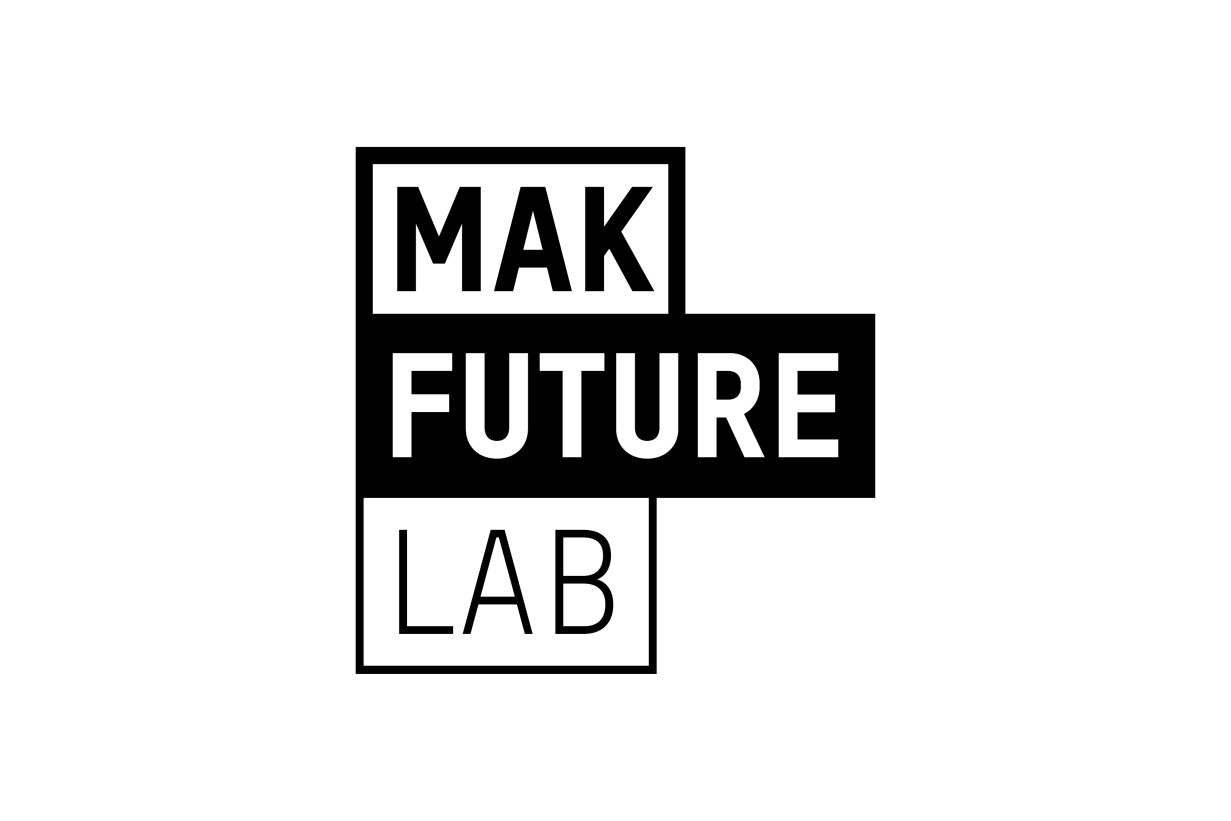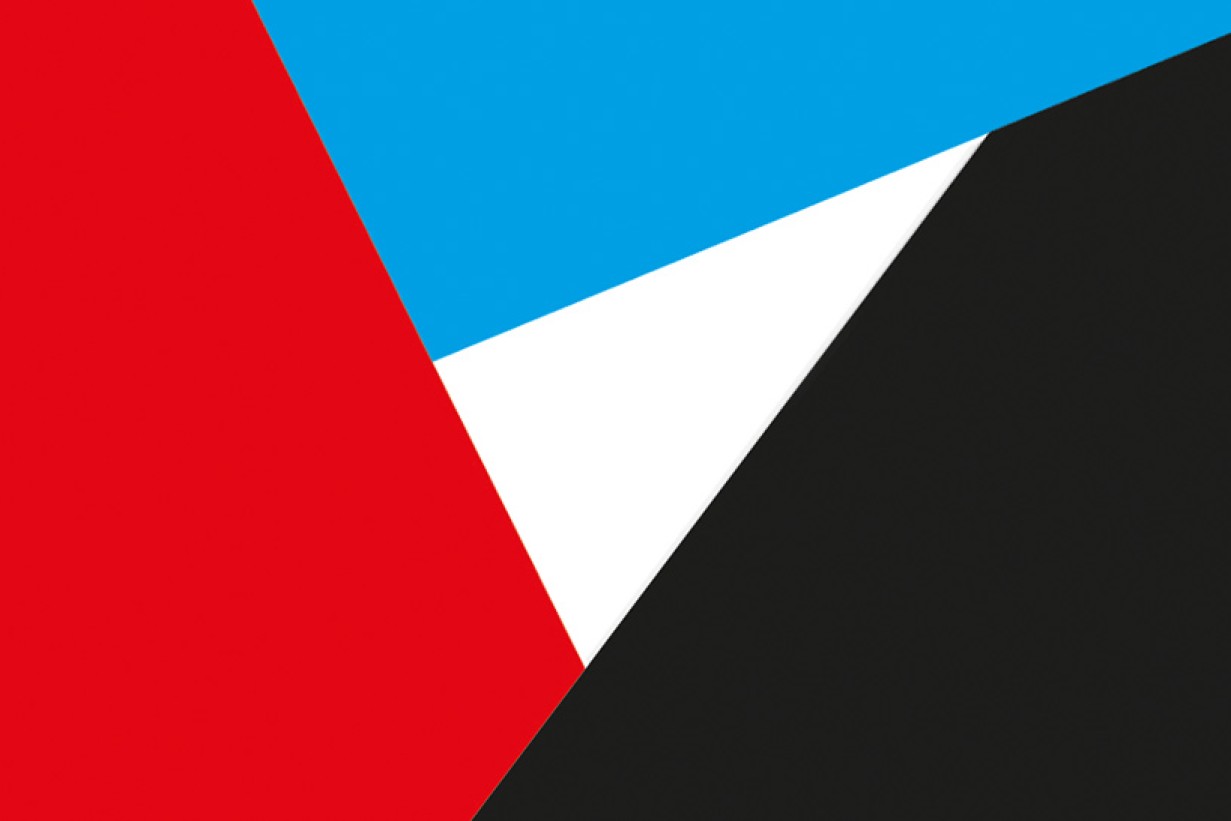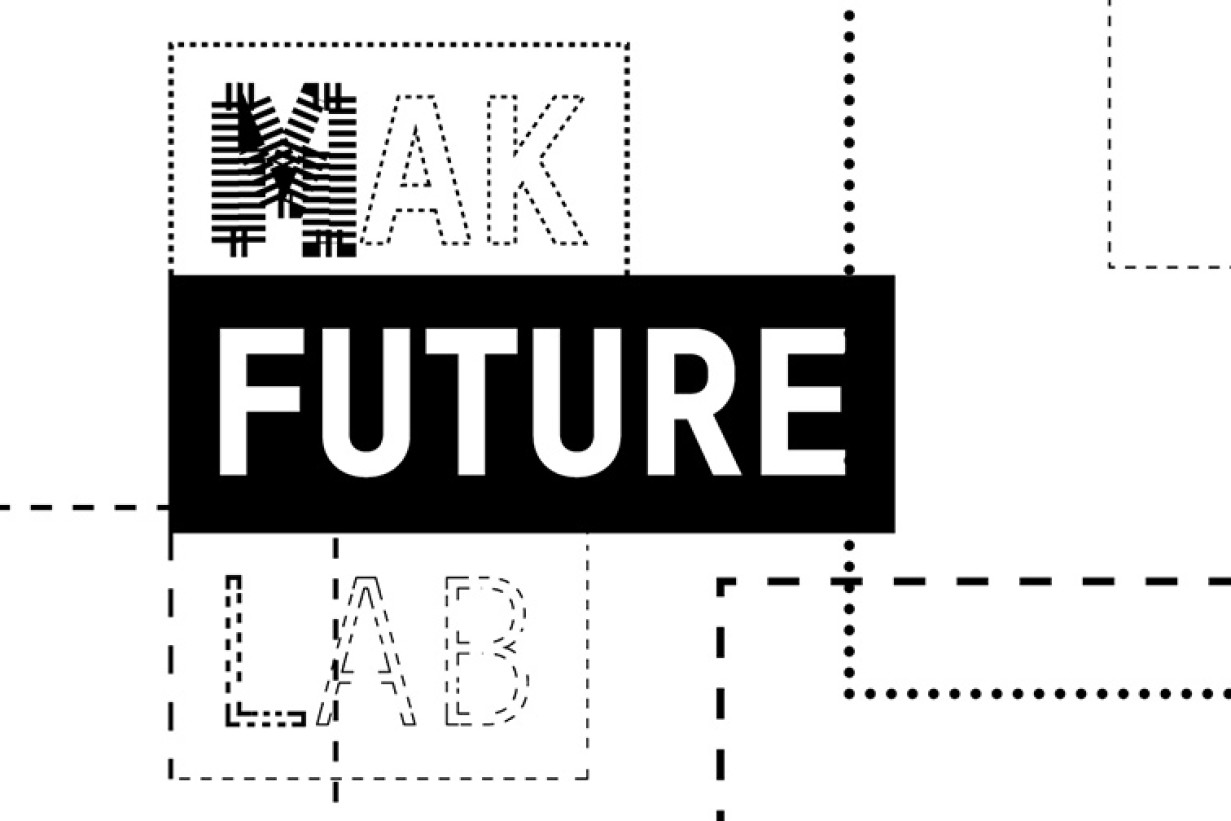Longing for Labor, In Service to Society: New Work for the Common Good
MAK Future Lab

A series of talks organized by the MAK in cooperation with the Arbeiterkammer Wien as part of the MAK FUTURE LAB
The last several years have given rise to a new, marked interest in the commons. In design, architecture, and other areas of the applied arts, a number of established practitioners, but chiefly younger generations of creative professionals are increasingly questioning the resource-intensive, quantitative, growth-oriented business models of the dominant market economy and are searching for alternatives that promote socially fair and ecologically sustainable, qualitative growth. How can the strategies of the “commoning” niche sector be transferred to the mainstream? What potential do the commons have to change society and the current market economy?
Participants
Frithjof Bergmann, Philosopher and Founder of the New Work Movement
Gernot Mitter, Deputy Head of the Department for Labor and Integration, Arbeiterkammer Wien
Brigitte Kratzwald, Social Scientist
Sebastian Pichelhofer, Founder and Chairman, Apertus Association
Thomas Schneider, Chairman, NANK ǀ Co:llaboratory
Moderator
Martina Fineder, Design and Cultural Scientist, Curator
Admission free
The event is taking place on the occasion of the VIENNA BIENNALE 2017: Robots. Work. Our Future (21 Jun – 1 Oct 2017).
The MAK FUTURE LAB is a creative laboratory founded by the MAK – Austrian Museum of Applied Arts / Contemporary Art. Through workshops, lectures, panel discussions, and other formats the MAK FUTURE LAB generates interdisciplinary contributions to a humane shaping and utilization of Digital Modernity. It positions design, architecture, and fine art as driving forces of socially, ecologically, culturally, and economically sustainable market economy models. Through diverse cooperations, it networks these creative sectors with the fields of science, research, business, and politics. The MAK FUTURE LAB aspires to develop both holistic orientation models and strategies for the commons inspired by such models, as well as concrete, innovative business ideas for the future.



